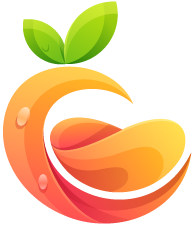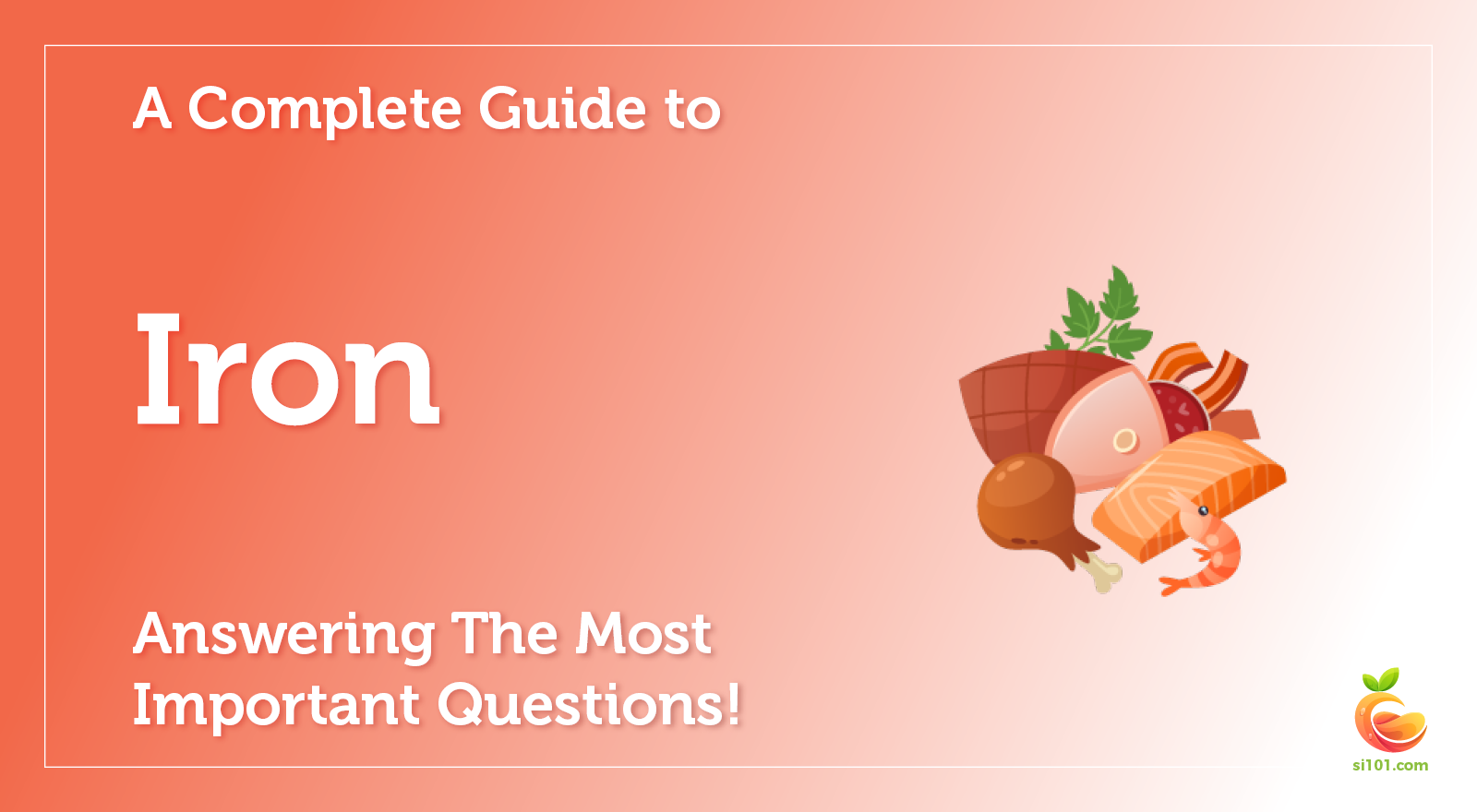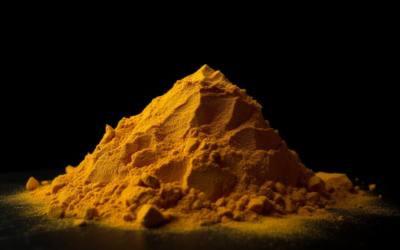Iron is an essential mineral that plays a vital role in many bodily functions. In this article, we will answer the most important questions about iron, including its benefits, sources, deficiency symptoms, recommended dietary allowance (RDA), overdose symptoms and food sources. By understanding everything you need to know about iron, you can ensure that your body has the right amount of this important nutrient.
What are the health benefits of iron?
Iron is an essential mineral that plays a vital role in the human body. It is found in every cell and helps transport oxygen throughout the body. Everything you need to know about iron, from its benefits to sources of iron, can be found here.
Answering the most important questions about iron starts with understanding its benefits. Iron helps produce red blood cells which carry oxygen throughout the body, aids in energy production, and supports a healthy immune system. Additionally, it helps maintain healthy skin, hair, and nails.
Sources of iron include both animal-based foods such as beef liver and oysters as well as plant-based foods like spinach and legumes. The Recommended Dietary Allowance (RDA) for adults over 19 years old is 8mg per day for men and 18mg per day for women due to increased needs during pregnancy or lactation periods. Signs of deficiency may include fatigue, pale skin color, difficulty concentrating or shortness of breath while symptoms of overdose may include abdominal pain or vomiting. Eating a balanced diet with plenty of food sources rich in iron will help ensure your daily requirements are met without any risks associated with overdose or deficiency symptoms.
What is the recommended dosage of iron?
What is the Recommended Dosage of Iron?
Iron is an essential mineral that plays a key role in many bodily functions. It’s important to understand everything you need to know about iron, including its benefits, sources, deficiency symptoms, and recommended dietary allowance (RDA). Knowing the recommended dosage of iron can help ensure you get enough for optimal health.
The RDA for adults over 19 years old is 8 milligrams per day for men and 18 milligrams per day for women. Women who are pregnant or breastfeeding should aim for 27 milligrams per day. It’s important to note that these amounts are only recommendations and may vary depending on your individual needs.
There are many food sources of iron such as red meat, fish, poultry, beans, nuts, dark leafy greens like spinach and kale, dried fruits like raisins and apricots, and fortified cereals. Eating a balanced diet with plenty of these foods can help you meet your daily needs. Taking an iron supplement may also be beneficial if you have difficulty getting enough from food alone. However it’s important not to take too much as this can lead to overdose symptoms such as nausea or vomiting. Speak with your doctor before taking any supplements to make sure they are right for you.
What are the functions of iron in the body?
Everything You Need to Know About Iron
Iron is an essential mineral that plays a key role in many bodily functions. It’s important for oxygen transport, energy production, and DNA synthesis. Answering the most important questions about iron can help you understand why it’s so vital for your health.
The Benefits of Iron
Iron helps your body make hemoglobin, which carries oxygen from your lungs to the rest of your body. It also helps muscles store and use oxygen and supports normal immune system function. Additionally, iron helps produce collagen, which keeps skin healthy and strong. The recommended dietary allowance (RDA) for iron varies by age and gender however, adult men need 8 milligrams per day while women need 18 milligrams per day due to blood loss during menstruation.
Sources of Iron
There are two types of dietary iron heme and non-heme iron. Heme iron is found in animal foods such as red meat, poultry, fish, eggs, and dairy products while non-heme iron is found in plant foods such as legumes (beans), nuts, seeds, dark leafy greens like spinach or kale, dried fruits like raisins or apricots, fortified cereals or breads made with whole grains. Eating a variety of these foods will help ensure you get enough iron each day. Deficiency symptoms include fatigue or weakness due to anemia caused by low levels of hemoglobin in the blood however if too much is consumed it can lead to overdose symptoms such as nausea or vomiting due to toxicity from high levels of ferritin in the blood stream.
In conclusion ,iron is an essential mineral that has numerous benefits for our bodies including helping with oxygen transport ,energy production ,and DNA synthesis .Its important to consume enough through food sources such as red meat ,poultry ,fish ,eggs ,dairy products ,legumes (beans) ,nuts ,seeds etc .However its also important not to overdo it since too much can lead to overdose symptoms .By understanding what this mineral does for us we can better manage our intake accordingly .
How should iron be taken?
How Should Iron Be Taken?
Iron is an essential mineral that plays a key role in many bodily functions. It’s important to understand how iron should be taken and the benefits of taking it in order to ensure you get enough. Here, we answer some of the most important questions about iron and provide tips on how to get the right amount.
First, let’s look at the recommended dietary allowance (RDA) for iron. The RDA for adults is 8 milligrams per day for men and 18 milligrams per day for women. Pregnant women need 27 milligrams per day, while breastfeeding women require 9 milligrams per day. Deficiency symptoms include fatigue, weakness, pale skin, brittle nails, and headaches. Overdose symptoms include nausea, vomiting, constipation or diarrhea, abdominal pain or cramps, dizziness or lightheadedness.
When it comes to sources of iron there are two types heme and non-heme iron. Heme iron is found in animal foods such as red meat, poultry and fish whereas non-heme iron is found in plant foods such as legumes (beans), nuts and seeds as well as fortified cereals and grains like oatmeal or whole wheat breads. Eating a variety of these foods can help you meet your daily needs for this essential nutrient. Additionally supplementing with an over-the-counter multivitamin can also help ensure adequate intake if needed.
In conclusion understanding how much iron you need each day as well as what food sources contain it can help ensure you get enough of this essential mineral without going overboard on dosage amounts which could lead to overdose symptoms occurring. Eating a balanced diet rich in both heme and non-heme sources will provide everything you need when it comes to getting enough daily intake of this vital nutrient!
What are potential risks of consuming too much iron?
What are the Potential Risks of Consuming Too Much Iron?
Iron is an essential mineral that plays a vital role in our health. It helps to transport oxygen throughout the body, aids in energy production, and supports the immune system. While it’s important to get enough iron, consuming too much can be dangerous. Here we answer some of the most important questions about iron overload and its potential risks.
Benefits of Iron Everything You Need to Know
Iron is necessary for many bodily functions, including red blood cell production and muscle function. Without adequate levels of iron, you may experience fatigue, difficulty concentrating, or weakened immunity. The Recommended Dietary Allowance (RDA) for adults aged 19-50 is 8 mg per day for men and 18 mg per day for women. Sources of iron include red meat, poultry, fish, beans and legumes, fortified cereals and grains, dark leafy greens like spinach or kale, nuts and seeds such as pumpkin seeds or cashews.
Overdose Symptoms & Food Sources of Iron
Although rare in healthy individuals with normal dietary habits who don’t take supplements containing high doses of iron , overdosing on this mineral can cause serious side effects such as nausea or vomiting abdominal pain diarrhea dizziness headache joint pain liver damage irregular heartbeat coma or even death . If you suspect an overdose on iron , seek medical attention immediately . To avoid overconsumption , be mindful when taking multivitamins that contain more than 100% of your daily value (DV) for iron . Additionally , keep track of food sources that are naturally high in this mineral such as beef liver , clams , oysters , mussels , tofu , blackstrap molasses , quinoa and spinach .
What are natural sources for iron?
What are Natural Sources for Iron?
Iron is an essential mineral that plays a vital role in many bodily functions. Everything you need to know about iron, from its benefits to sources and deficiency symptoms, can be found here. Answering the most important questions about iron will help you understand how it affects your health and how to get enough of it through natural sources.
Benefits of Iron Iron helps carry oxygen throughout the body, supports a healthy immune system, aids in energy production, and helps form red blood cells. It also helps regulate cell growth and development as well as DNA synthesis. A lack of iron can lead to anemia, fatigue, impaired cognitive function, weakened immunity, and other health issues.
Sources of Iron The Recommended Dietary Allowance (RDA) for adults is 8-18 mg per day depending on age and gender. Good natural sources of iron include lean red meat such as beef or lamb dark poultry such as chicken or turkey fish eggs beans nuts whole grains such as quinoa or oats dark leafy greens like spinach or kale dried fruits like raisins or apricots fortified cereals and breads molasses blackstrap molasses prune juice tofu made with calcium sulfate (calcium-set) soybeans & edamame beans. Taking vitamin C with meals can help increase absorption of non-heme iron from plant foods by up to three times!
Deficiency Symptoms & Overdose Symptoms Signs of an iron deficiency may include fatigue, pale skin coloration, brittle nails, headaches/dizziness/lightheadedness/fainting spells due to low oxygen levels in the brain caused by anemia (low red blood cell count), difficulty concentrating/remembering things due to low oxygen levels in the brain caused by anemia (low red blood cell count), decreased appetite due to low oxygen levels in the stomach caused by anemia (low red blood cell count). Too much iron can cause nausea/vomiting/diarrhea/constipation due to irritation of the gastrointestinal tract lining which can lead to ulcers if left untreated for too long. In extreme cases it can even lead to organ failure if not treated quickly enough so it’s important not take more than recommended daily allowance without consulting your doctor first!
Frequently Asked Questions
What are the benefits of iron?
Iron is an essential mineral that has many benefits for the human body. It helps to transport oxygen around the body, supports a healthy immune system, and helps to create energy from food. Iron also plays a role in cognitive development and can help prevent anemia.
What are the sources of iron?
Iron can be found in a variety of sources, including red meat, poultry, seafood, beans and legumes, fortified cereals and grains, dark leafy greens such as spinach and kale, nuts and seeds.
What are the deficiency symptoms of iron?
Iron deficiency symptoms can include fatigue, pale skin, shortness of breath, dizziness, headaches, cold hands and feet, brittle nails, and an irregular heartbeat.
What is the recommended dietary allowance (RDA) for iron?
The Recommended Dietary Allowance (RDA) for iron is 8 milligrams per day for adult men and postmenopausal women, and 18 milligrams per day for premenopausal women.
Conclusion
In conclusion, iron is an essential mineral that plays a vital role in many bodily functions. Knowing everything you need to know about iron can help you understand the benefits of this mineral, as well as its sources and recommended dietary allowance (RDA). It is also important to be aware of the deficiency symptoms and overdose symptoms associated with iron. Finally, there are many food sources of iron available for consumption.


